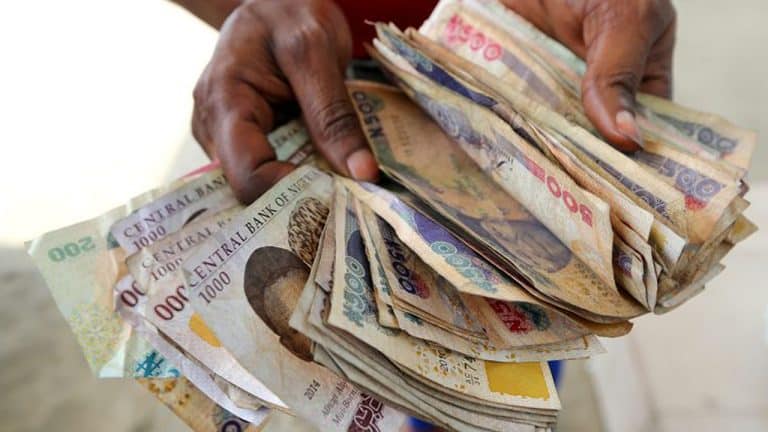
The United States government has said Nigeria’s recently approved ₦70,000 minimum wage for federal workers has already lost value due to the persistent depreciation of the naira.
According to the 2024 Country Reports on Human Rights Practices released on August 12 by the US Department of State, the wage, pegged at about $47.90 per month, has been severely weakened by the exchange rate, which now stands at over ₦1,500 to $1.
The report stressed that the National Minimum Wage (Amendment) Act 2024 doubled the wage to ₦70,000, but the impact was eroded almost immediately, making the amount insufficient to lift workers above the poverty line.
It further noted that the law only covers firms with 25 or more employees, excluding millions of Nigerians working in smaller businesses. Seasonal agricultural workers, part-time staff, and commission-based employees are also exempted.
Despite the legislation, enforcement remains weak. Several states have refused to implement the new wage citing financial constraints, while penalties for non-compliance are minimal compared to other economic crimes such as fraud.
The US report highlighted that 70–80 per cent of Nigeria’s workforce is in the informal sector, where wage laws, work-hour regulations, and occupational safety measures are rarely enforced. This leaves millions of workers exposed to exploitation with no effective labour protection.
Beyond wages, the report flagged continuing child rights violations, particularly early marriages. Although federal law sets the minimum marriage age at 18, enforcement is inconsistent, especially in northern states, where girls as young as 11 are sometimes married under religious or customary law.
The report added that the federal government is working with traditional rulers and religious leaders to address health and human rights risks associated with child marriage.
Weak Justice System
The US also criticized Nigeria’s justice sector, citing arbitrary detentions, enforced disappearances, and poor adherence to due process. It referenced Amnesty International’s findings that the whereabouts of dozens of young men detained at SARS Awkuzu in Anambra remain unknown years after the unit’s disbandment in 2020.
Despite laws requiring suspects to be presented before a magistrate within 48 hours, security agencies reportedly detain people for weeks or months without trial. Some detainees have remained in custody longer than the maximum sentence for the alleged offence due to corruption, trial backlogs, and bureaucratic inefficiencies.
Shortages of judges, missing case files, and lack of transportation for inmates were also identified as major causes of prolonged detention and delayed trials.
The report concluded that while Nigeria has made some democratic progress, corruption, poverty-level wages, and weak enforcement of human rights continue to undermine public trust in governance.





